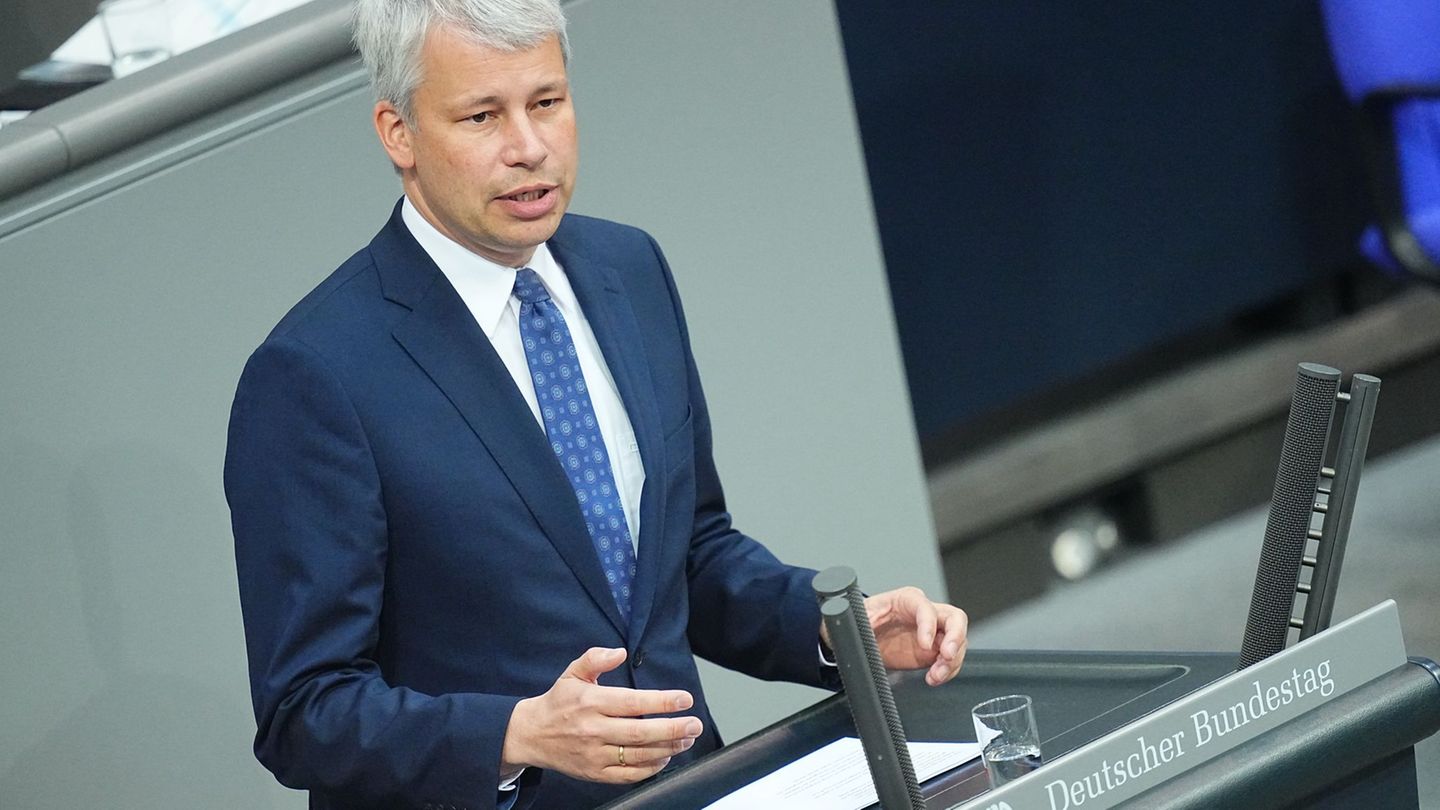David William is a talented author who has made a name for himself in the world of writing. He is a professional author who writes on a wide range of topics, from general interest to opinion news. David is currently working as a writer at 24 hours worlds where he brings his unique perspective and in-depth research to his articles, making them both informative and engaging.
Menu
Selective surplus: who wins and who loses
Categories
Most Read
Breaking ceilings, building routes: why we see few female CFOs at national companies
October 23, 2025
No Comments
Major global indices hit record highs in October driven by strong balance sheets and economic expectations
October 23, 2025
No Comments
Elections and talent: how companies face another cycle of uncertainty
October 22, 2025
No Comments
The future of health: training professionals to address the comprehensive impact of rheumatic diseases
October 22, 2025
No Comments
Insurance at a turning point: macroeconomic challenges, digital transformation and the new consumer
October 21, 2025
No Comments
Latest Posts

DB Cargo: Bernhard Osburg is to succeed Sigrid Nikutta
October 24, 2025
No Comments
AngelicaI am an author and journalist who has written for 24 Hours World. I specialize in covering the economy and write about topics such as

The new feline longevity: cats now live longer and better
October 24, 2025
No Comments
October 24, 2025 – 15:00 Domestic felines now live longer than they did 100 years ago and the reason goes beyond evolution. The Today’s domestic

Debate about “cityscape”: Bilger defends Merz: “The problem does exist”
October 24, 2025
No Comments
IvanI have been working in the news industry for over 6 years, first as a reporter and now as an editor. I have covered politics
24 Hours Worlds is a comprehensive source of instant world current affairs, offering up-to-the-minute coverage of breaking news and events from around the globe. With a team of experienced journalists and experts on hand 24/7.

